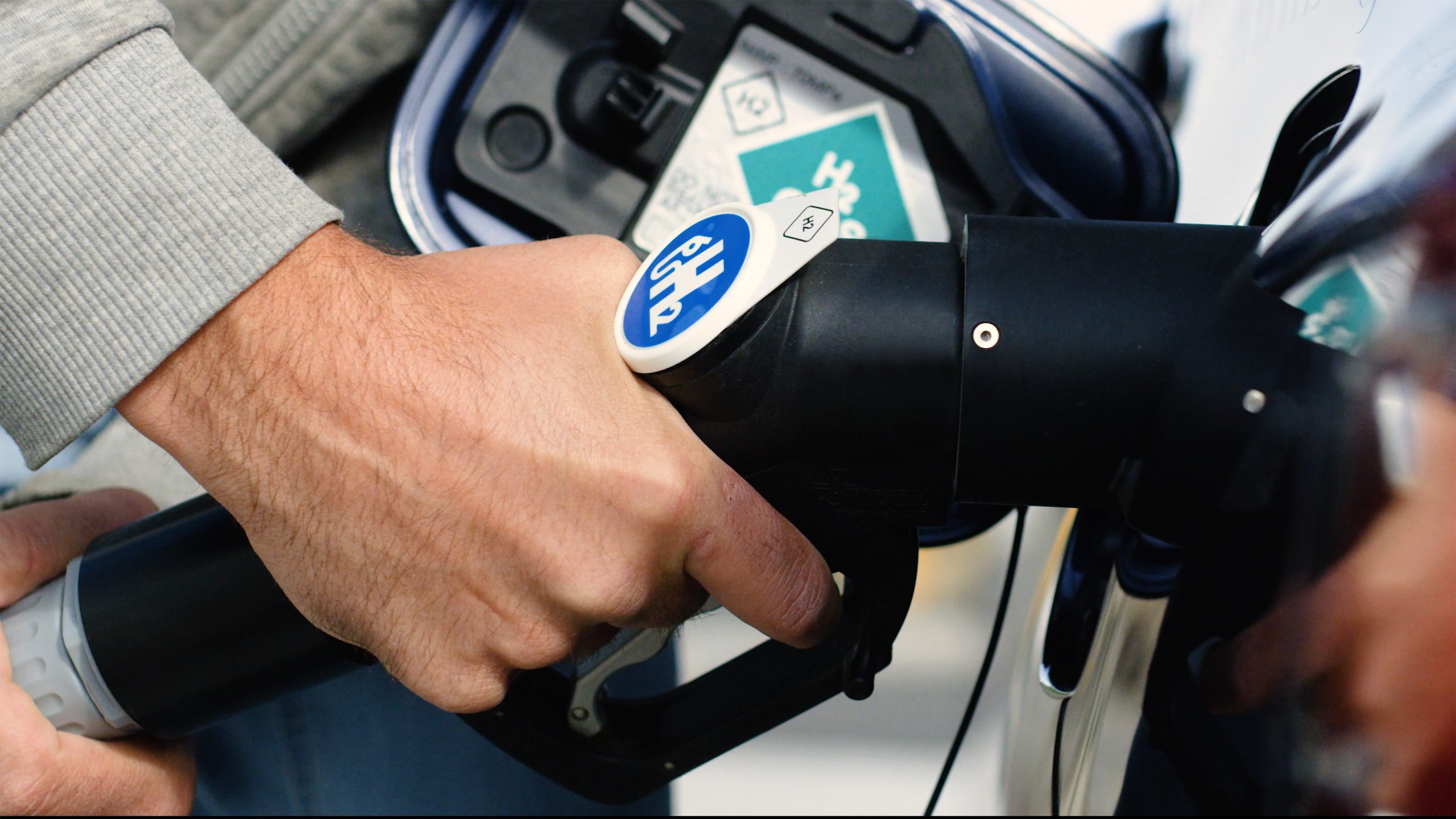Feasibility Study for Norway-Germany Hydrogen Pipeline Project Released

Germany’s Deutsche Energie Agentur and Norway’s Gassco have published the results of a joint feasibility study on a hydrogen value chain from Norway to Germany.
The primary objective of the study has been to assess the viability of a German-Norwegian hydrogen value chain.
This work has been based on input from industry-driven projects at a scale large enough to establish a hydrogen value chain from Norway to Germany, starting in 2030.
CEO Frode Leversund explained that the pipeline can become a reality: “The establishment of a hydrogen value chain for the transportation of large quantities of hydrogen from Norway to Germany is considered technically feasible if the assumptions listed in the report are met.”
The success of this venture according to the study comes down to several key factors, including market readiness, regulatory frameworks, technology qualification, and the willingness of users to invest.
In addition, the study indicates a need for commercial commitments for large-scale hydrogen production and infrastructure development, alongside considerable investments in hydrogen transport infrastructure. The study reveals that planned Norwegian projects can support large-scale, low-carbon hydrogen production, ensuring a consistent flow to Germany.
It is said that the envisioned hydrogen offshore pipeline is projected to have a total capacity of 4 million tonnes per annum (mtpa), with 2.75 mtpa being low-carbon hydrogen sourced from Norwegian projects.

